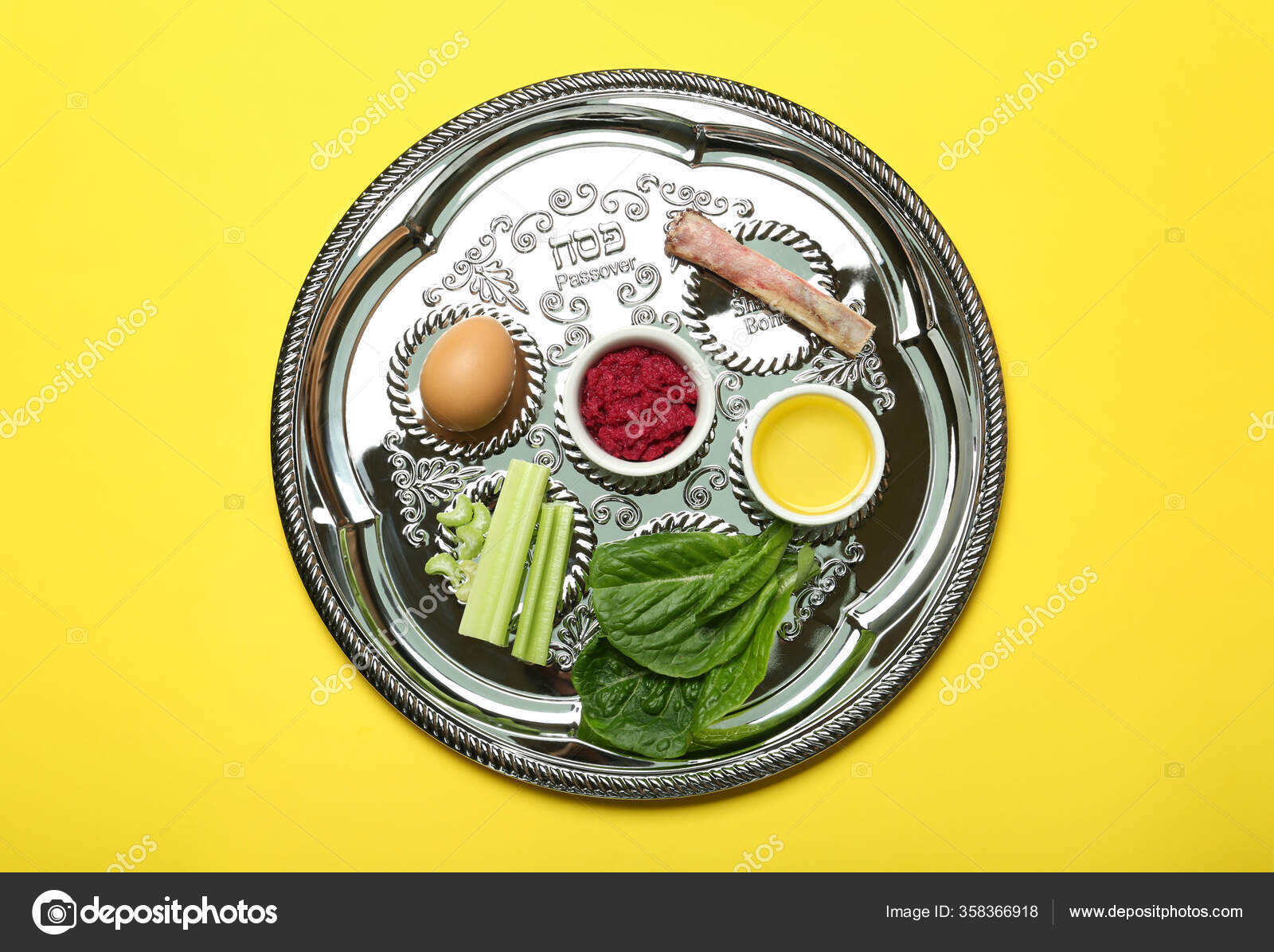When is the Passover festival? This question often arises for both those observing the holiday and individuals looking to learn more about Jewish traditions. Passover, also known as Pesach, is a significant Jewish festival that commemorates the liberation of the Israelites from slavery in ancient Egypt. The celebration typically falls in early spring, usually in the month of Nisan on the Hebrew calendar. It lasts for seven or eight days, depending on the Jewish denomination. Understanding the timing of the Passover festival is key to participating in or respecting this important holiday. In this blog, we will delve into everything you need to know about the Passover festival, its significance, traditions, and when it takes place each year.
Introduction to Passover Festival
The Passover festival, a significant Jewish holiday, commemorates the liberation of the Israelites from slavery in ancient Egypt. It is celebrated to honor and remember the miraculous events that led to their freedom.
Significance of Passover
Passover holds immense historical and religious importance among the Jewish community. The festival symbolizes rebirth, freedom, and the start of a new beginning for the Jewish people.
Celebration Customs
During Passover, families gather for a special meal called the Seder, where they retell the story of the Exodus. Traditional foods like matzah, bitter herbs, and wine are consumed according to specific rituals.
- Matzah: Unleavened bread represents the haste in which the Israelites fled Egypt.
- Maror: Bitter herbs signify the bitterness of slavery.
- Charoset: A sweet mixture symbolizes the mortar used by Jewish slaves.

History and Significance of Passover

Passover, also known as Pesach, is a significant Jewish festival that commemorates the liberation of the Israelites from Egyptian slavery. It is celebrated annually in the early spring, typically in March or April. The festival lasts for seven or eight days, depending on the tradition followed. Passover is a time of reflection, remembrance, and gratitude for the freedom attained by the Jewish people.
The Exodus Story
The story of Passover dates back to ancient times when the Israelites were enslaved in Egypt under the rule of Pharaoh. According to the biblical narrative, Moses, a Hebrew prophet, demanded that Pharaoh release the Israelites from bondage.
Despite Pharaoh’s resistance, a series of ten plagues were inflicted upon Egypt, culminating in the tenth plague where the Angel of Death passed over the homes of the Israelites marked with lamb’s blood, sparing their firstborns.
Passover Traditions
Passover traditions include the Seder meal, a ceremonial feast with symbolic foods such as matzo (unleavened bread), bitter herbs, and charoset (a sweet mixture). The retelling of the Exodus story through the Haggadah (a special book) is a central part of the Seder.
- Matzo: Represents the haste with which the Israelites fled Egypt, leaving no time for bread to rise.
- Bitter Herbs: Symbolize the bitterness of slavery endured by the Israelites in Egypt.
- Charoset: Resembles the mortar used by the Israelites in building during their enslavement.
Traditions and Customs during Passover
The Passover festival is deeply rooted in traditions and customs that have been passed down through generations. This significant Jewish holiday commemorates the Israelites’ freedom from slavery in ancient Egypt. Celebrated over seven or eight days (depending on tradition), Passover is a time for reflection, gratitude, and family gatherings.
1. Seder Plate and Symbolic Foods
During Passover, families gather for a special meal called the Seder. The Seder plate contains symbolic foods such as bitter herbs (maror), a mixture of apples, nuts, wine, and spices called Charoset, and a roasted egg symbolizing the festival sacrifice.
2. Matzah – The Unleavened Bread
One of the most important customs during Passover is the abstention from chametz, leavened bread and other products made from leavened grains. Instead, matzah, unleavened bread, is eaten throughout the holiday to signify the Israelites’ hasty departure from Egypt without enough time for their bread to rise.
When is Passover Celebrated
Passover, also known as Pesach in Hebrew, is a significant Jewish festival that celebrates the liberation of the Israelites from slavery in ancient Egypt. This annual event is observed for seven or eight days, typically beginning on the 14th or 15th day of the Hebrew month of Nisan. In the Gregorian calendar, this usually falls in late March or April. The Passover festival marks a time of remembrance, commemoration, and reflection for the Jewish community worldwide.
Historical Significance
The Passover festival dates back thousands of years and is rooted in the Exodus story from the Old Testament. It symbolizes the Israelites’ journey to freedom after enduring oppression and slavery in Egypt. During Passover, Jews retell the story of the Exodus through rituals, prayers, and the symbolic Passover meal known as the Seder. This ancient tradition remains a crucial aspect of Jewish culture and faith.
Celebratory Customs
Passover is a time for gatherings with family and friends, where special foods like matzo (unleavened bread) and bitter herbs are consumed to evoke the bitterness of slavery. The Seder plate holds symbolic items like the roasted egg, shank bone, and charoset, each representing different aspects of the Exodus story. The Passover celebration also includes the search for chametz, the removal of leaven from the home, and the recitation of the Haggadah, the narrative of the Exodus.

Preparations for Passover
Passover, also known as Pesach in Hebrew, is a significant Jewish festival that commemorates the liberation of the Israelites from slavery in Egypt. The festival typically falls in spring, around late March or April.
Gathering Supplies
Before Passover begins, households engage in a thorough cleaning process known as “spring cleaning” to remove all traces of chametz, which is any leavened food. It is customary to prepare special Passover-friendly foods and drinks that are chametz-free.
Ensure the pantry is stocked with matzo, wine, bitter herbs, and other necessary items for the Passover Seder.
Cleaning Rituals
During the week prior to Passover, families traditionally conduct a deep clean of their homes to remove any chametz. This involves scrubbing and purging the house of any leavened products.
- Clean the kitchen thoroughly to rid it of chametz crumbs.
- Bedikat chametz: A search for chametz, usually done with a candle, feather, and spoon.
- Biur chametz: Burning or otherwise disposing of any remaining chametz.
Symbolism of Passover Foods
Passover is a significant festival in Judaism that commemorates the Israelites’ exodus from Egypt. The foods consumed during Passover hold deep symbolic meanings that resonate with the story of liberation and freedom.
Matzah
Matzah, also known as unleavened bread, is a central element of Passover. It symbolizes the haste with which the Israelites fled Egypt, leaving no time for their bread to rise.
Bitter Herbs
The consumption of bitter herbs like horseradish represents the bitterness of slavery endured by the Israelites in Egypt.
- Horseradish
- Endive
- Chicory
Roasted Egg
The roasted egg is a symbol of mourning and the cycle of life. It also represents the temple sacrifice during ancient times.
Modern Celebrations of Passover
When is the Passover Festival is an important question for those celebrating this ancient Jewish holiday. In modern times, Passover, or Pesach, is observed with a blend of traditional rituals and contemporary customs.
Family Gatherings
During Passover, families gather for the Seder meal, a ceremonial dinner that includes specific foods like matzah, bitter herbs, and roasted lamb shank bone. The Seder plate holds symbolic items representing aspects of the Exodus story.
Passover Decorations
Many households decorate their homes with festive Passover decorations such as colorful tablecloths, special dishware, and beautiful floral arrangements. These decorations add to the ambience and significance of the holiday.
Frequently Asked Questions
- What is the Passover Festival?
- The Passover Festival is a Jewish holiday that commemorates the Israelites’ liberation from slavery in ancient Egypt.
- When is the Passover Festival celebrated?
- The Passover Festival usually falls in the spring, typically between late March and mid-April in the Gregorian calendar.
- What is the significance of the Passover Festival?
- The Passover Festival holds great importance in Jewish tradition as it symbolizes freedom, redemption, and the covenant between God and the Jewish people.
- How long does the Passover Festival last?
- The Passover Festival typically lasts for seven or eight days, during which various rituals, meals, and ceremonies are observed.
Final Thoughts: Understanding When is the Passover Festival
As we conclude our exploration into the Passover Festival, we have learned that this significant Jewish holiday takes place in the spring, typically falling in March or April. The exact date varies each year based on the Hebrew calendar, marking the liberation of the Israelites from slavery in Egypt. Understanding the historical and cultural significance of Passover enhances our appreciation for this celebrated event. Whether you observe it for religious reasons or out of cultural interest, the Passover Festival serves as a time for reflection, gratitude, and unity with loved ones. Mark your calendars and immerse yourself in the traditions and customs associated with this meaningful festival.




